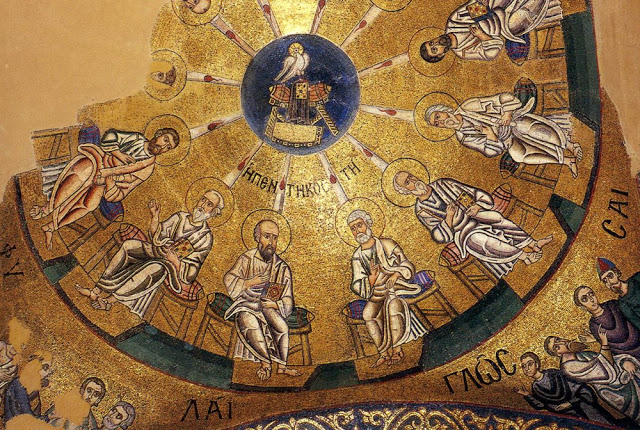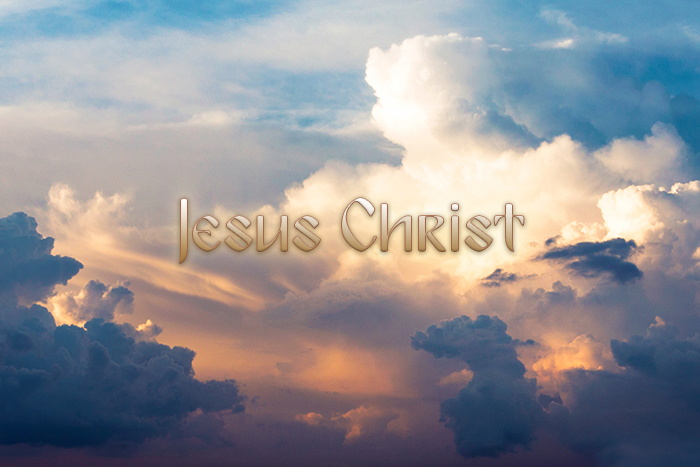
Mark 11:23-26
Ephesians 3:8-21
One day, the Lord said the following in response to the disciples’ astonishment that a barren fig tree had immediately dried up, Whosoever shall say unto this mountain, Be thou removed, and be thou cast into the sea; and shall not doubt in his heart, but shall believe that those things which he saith shall come to pass; he shall have whatsoever he saith.
These words may prompt you to check either your own or someone else’s faith. Let’s stop, though. Recall how Satan once led Jesus to a mountain top, and said to Him, If thou be the Son of God, cast thyself down (Matthew 4:5-7). It was then that the Lord answered all those who wanted to put such an experiment, Thou shalt not tempt the Lord thy God (Matthew 4:5-7). When, for example, the boy named Prokhor, the future Saint Seraphim of Sarov, accidentally fell from a tall belfry, the Angels supported him and delivered him from death.
The care and prayer of a Christian should not be to move mountains without purpose, but to find his own fixed place in the world. As it is, everything is in continuous motion. Even huge celestial bodies are sweeping like dust in the universe. In order to understand their movement, to calculate their orbits and speed, you have to place a dot somewhere and declare it stationary.
Initially, such a point of reference in Christian world, brought up on the Bible, was, of course, the Earth. The Sun, Moon and stars revolved around it, because they appeared only on the fourth day of creation (Genesis 1:14-19). Then people were seduced by the majesty of the sun, nailed it to the void, and made us, together with the Earth, rotate around it and revolve around the Earth axis – which man will never accept and will never say, “The earth has revolved”. Like thousands of years ago, we will always say, “The sun has risen”!
So, since there are no unmoving points in the universe, it is not a matter of science to establish oneself on the Earth as the fixed center of the universe, but of free and sensible will, enlightened by the word of God. It is up to science to recalculate all the orbits in relation to the Earth.
It is the same with us humans. God breathed in man the living soul and said, Replenish the earth, and subdue it: and have dominion over … every living thing that moveth upon the earth (Genesis 1:28). According to the Creator’s plan, the human soul should be in the center. Everything else is for man and rotates around him. If the soul willfully shifts from the place given to it by God, then it begins to twirl around the whole world, around things and problems more and more. It chases everything, and when it does not catch up, it becomes sad and desperate. The soul can, figuratively speaking, spill over the world and completely forget itself. However, when it suddenly wakes up and looks at itself and the world soberly, it will definitely come to the conclusion that Vanity of vanities, vanity of vanities; all is vanity…. The thing that hath been, it is that which shall be; and that which is done is that which shall be done: and there is no new thing under the sun (Eccl.1). There is nothing in this visible world that can legitimately make the human soul rotate around it. Just as the Lord says, For what shall it profit a man, if he shall gain the whole world, and lose his own soul? Or what shall a man give in exchange for his soul? (Mark 8:36-37).
So, the soul needs to understand its absolute value that is unmatched by anything. Just as the earth should just take its rightful place, so the soul should simply stop rotating around everything in the world, return “to its own circles” and be strengthened with might by his Spirit in the inner man. This is the only place where the worlds, visible and invisible, meet, and it is only here that we get to have Christ dwell in our hearts by faith. It is only here that we, rooted and grounded in the love of Christ, will find our starting point. Only then will we be able to feel the meaning and see the hierarchy of values in the world around us, that is, to comprehend the breadth and length, and depth and height, and most importantly, to comprehend more and more the love of Christ, which passeth knowledge, so that in the end we might be filled with all the fulness of God.
Translated by The Catalogue of Good Deeds
Source: https://azbyka.ru/otechnik/Vyacheslav_Reznikov/propovedi-na-kazhdyj-den/24_3



